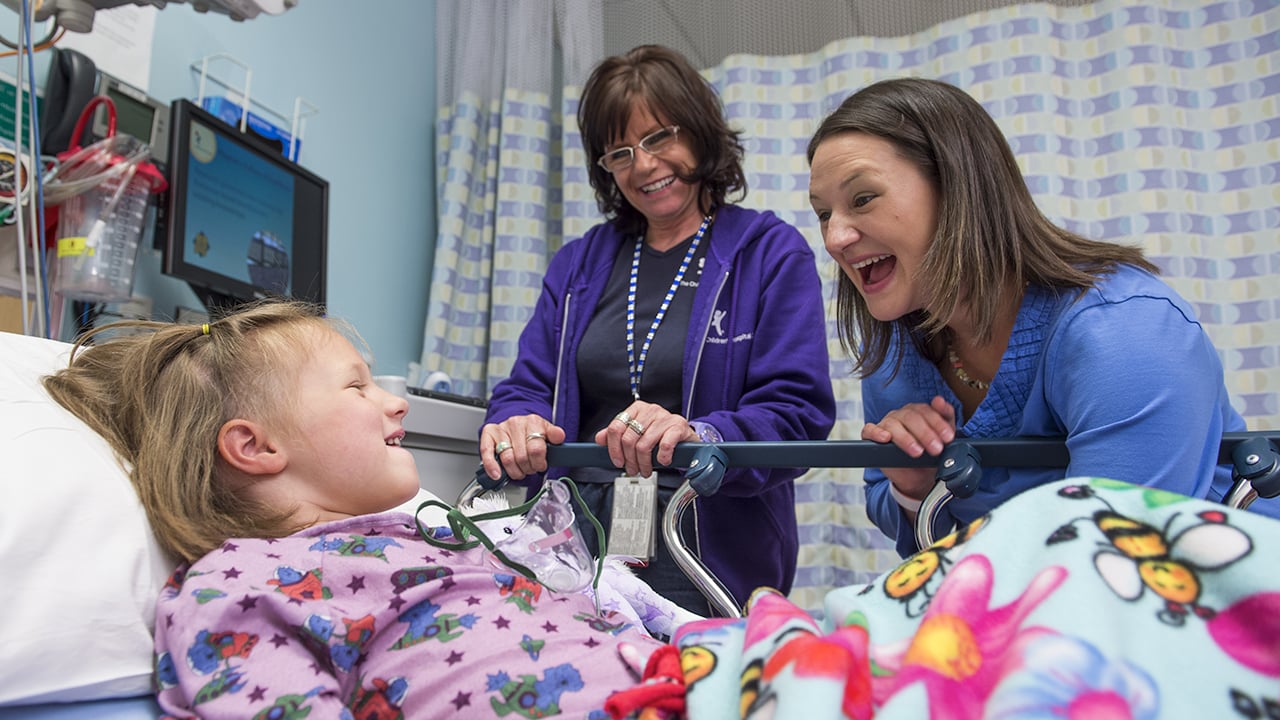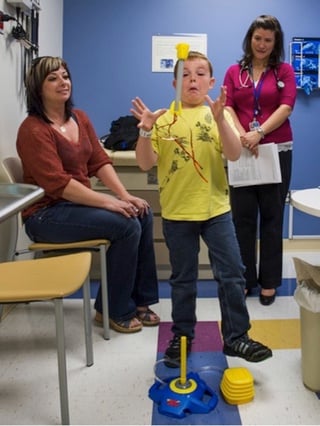- Doctors & Departments
-
Conditions & Advice
- Overview
- Conditions and Symptoms
- Symptom Checker
- Parent Resources
- The Connection Journey
- Calm A Crying Baby
- Sports Articles
- Dosage Tables
- Baby Guide
-
Your Visit
- Overview
- Prepare for Your Visit
- Your Overnight Stay
- Send a Cheer Card
- Family and Patient Resources
- Patient Cost Estimate
- Insurance and Financial Resources
- Online Bill Pay
- Medical Records
- Policies and Procedures
- We Ask Because We Care
Click to find the locations nearest youFind locations by region
See all locations -
Community
- Overview
- Addressing the Youth Mental Health Crisis
- Calendar of Events
- Child Health Advocacy
- Community Health
- Community Partners
- Corporate Relations
- Global Health
- Patient Advocacy
- Patient Stories
- Pediatric Affiliations
- Support Children’s Colorado
- Specialty Outreach Clinics
Your Support Matters
Upcoming Events
Colorado Hospitals Substance Exposed Newborn Quality Improvement Collaborative CHoSEN Conference (Hybrid)
Monday, April 29, 2024The CHoSEN Collaborative is an effort to increase consistency in...
-
Research & Innovation
- Overview
- Pediatric Clinical Trials
- Q: Pediatric Health Advances
- Discoveries and Milestones
- Training and Internships
- Academic Affiliation
- Investigator Resources
- Funding Opportunities
- Center For Innovation
- Support Our Research
- Research Areas

It starts with a Q:
For the latest cutting-edge research, innovative collaborations and remarkable discoveries in child health, read stories from across all our areas of study in Q: Advances and Answers in Pediatric Health.


Parent Toolkit: Helping Your Child Cope With Medical Procedures

Children show a wide range of reactions in medical situations. These reactions are shaped by many factors, including their personality, developmental stage, style of handling stress in other situations, and experiences with past medical procedures. It is impossible to take away all of the stressful, painful, or scary parts of many medical experiences. Fortunately, there are many ways to help children and parents cope with them in the best possible way.
What can I do to help prepare my child for medical procedures?
It is important to remember that no parent handles all situations perfectly, and that there is no right or wrong way of doing things to help your child. You are the expert on your child and you should trust your instincts, while also being open to suggestions from others. Most parents do their best to help their child cope, even under stressful or scary circumstances.
Prepare yourself:
- Children’s responses tend to be influenced by the responses of their parents.
- When you’re as relaxed as possible about the upcoming procedure, you send helpful messages of comfort and confidence to your child.
- Parents often have questions about how the medical experience will affect their child. It's helpful to write down all your questions to discuss with the medical team prior to the procedure. It can be hard to remember everything when meeting with the doctors, and it can add stress if you are trying to remember all your concerns.
- Psychological support or consultation with a child life specialist can offer suggestions and interventions to help your child cope.
Help prepare your child:
- Consider how your child has coped with stressful situations in the past. Some children do better with detailed information in advance, whereas others might cope better with less time to think about the procedure.
- All children benefit from having some time to prepare, but your child’s developmental stage is an important factor in WHEN to talk about the procedure. Very young children don’t understand time the way older children do, so it may be best to talk to them the day of the procedure. As your child gets older, they’re better able to plan, and teenagers usually do best when involved directly in the planning and scheduling process.
- Use simple explanations. Sometimes books can help to keep things simple and to explain things in a way that makes sense to even the youngest child.
- Some children do better when information is presented in multiple discussions versus one discussion.
- Choose neutral words: “the doctor will make a small opening” vs. “cut a hole”.
- Focus on what your child will directly feel, see, hear, or smell. It is not necessary to talk too much about what will happen while your child is sedated.
- Discuss what your child can do if feeling scared or stressed about the procedure (hugging your bear, holding a parent’s hand, asking the doctor to slow down).
- Have your child practice a procedure on dolls and on you.
- Try to time-limit the most distressing parts of the procedure by counting how long that part will last. Depending on developmental level, work with your child on identifying tools to distract during particularly distressing moments.
How can I help my child cope with their worries about the procedure?
Deep breathing: Have your child take slow, deep breaths while counting or imagining blowing up a balloon in his or her belly breathing in and then releasing all the air exhaling.

Distraction: Engage your child in games or activities such as blowing bubbles, interactive books, music, counting, I-Spy, imagining a favorite thing or place, telling funny stories or singing songs, or just holding and squeezing your hand.
Guided imagery: Have your child imagine a relaxing scene and describe all the elements and sensations of that scene. The scene could be of a place your child has been before, read about, or seen on TV, or just one you imagine. What do you see? What do you hear? What do you smell, feel, or taste? How does it make your child feel?
Familiar objects: Bring a few things from home to help your child feel comfortable — these things can also be used for distraction.
Closeness: Stay near your child’s face, hold your child’s hand, stroke your child’s face or arm. Physical touch and closeness can be both comforting and distracting.
Comfortable position: Being held feels different than being held down. Help your child choose a comfortable, secure position during the procedure, such as sitting on your lap during a blood draw.
Calm: Show that you trust the doctors and nurses by giving your child encouragement and guiding your child through what to expect in a soothing voice. Share any concerns with the medical team out of earshot.
Communication: Ask your child about his or her understanding of the procedure in order to discuss any potential fears or concerns openly. Sometimes children have distress about something not related to the procedure or that you’re not aware of. It’s important to know what your child is concerned about, so that you can address their concerns, and any misunderstandings, directly.
Additional resources
If you feel that you or your child might need additional support in coping with hospitalization or medical issues, ask your doctor or nurse to request a consultation with a psychologist on the Psychiatry Consultation/Liaison Service.
- The YouTube video “It Doesn’t Have to Hurt” addresses the pain and distress of needles.
- Child life specialists help patients and families adjust and cope with the hospital setting, illness or injury, or medical procedures. Ask your medical team.
Family Resource Assistance
Our Family Resource Liaisons are master’s level clinicians who are available to help individuals and families navigate the mental healthcare system by providing contact information for mental health resources in your community.
Family Resource Liaisons are available by phone at 720-777-4978, Monday through Friday, 8 a.m. to 6 p.m.
Check out our Parent Toolkit to get more resources for maximizing your child’s health.



 720-777-0123
720-777-0123



